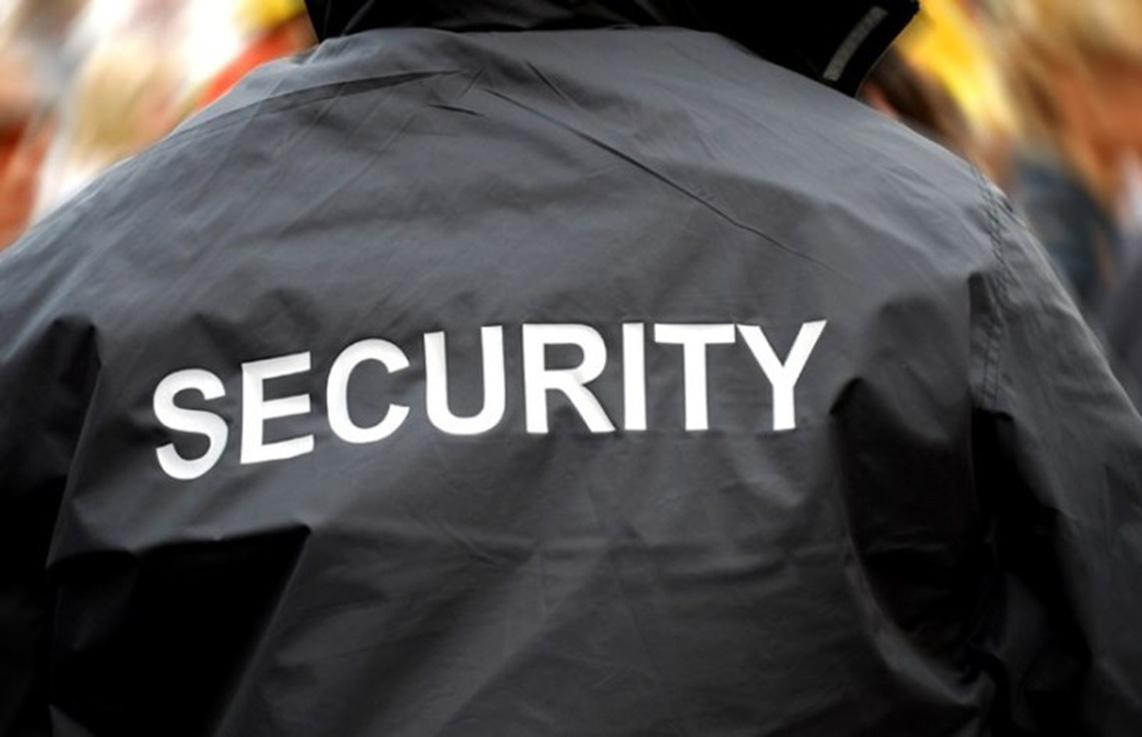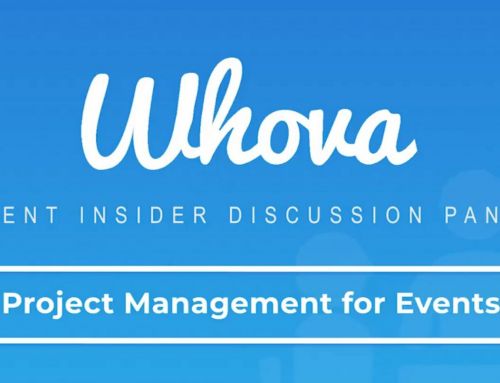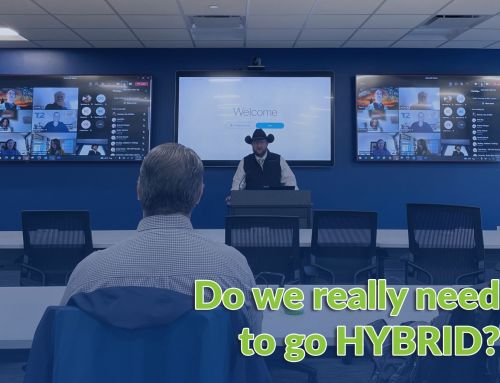When planning a meeting or event, it is important to evaluate the security concerns. It is crucial to assess and implement a plan to address those risks in your planning process. Below are the five main factors you should consider when making security plans.
![]()
What type of meeting or event are you having? Small, single day meetings may not have as many security concerns as large, city-wide multi-day conferences. The sheer size and length of an event adds additional concerns. While additional factors may change the event security concerns, it is easiest to start with event type when beginning your security needs assessment. For example, outdoor, public events may not seem like they require security; however, we did find the need for crowd control at an event we hadn’t initially thought would need security. If you have an event that is invitation only or ticketed, attendees will need to be screened as they enter to ensure they are an approved attendee. This may only require volunteers who can read tickets and answer questions or it may require a higher level of specialty for checking credentials or identification before entering. Determining the type of event you are having will help you develop the event’s security plan.
![]()
What are your hours of operation? Most meetings are held during business hours when security risks are generally low. However, if your conference is spread out over several days, you need to consider what concerns are possible during the off hours? If you have exhibits or displays set-up or any items that need to remain in place, you will need to coordinate with the venue on how these will be secured overnight. If they are in a space that can be locked, that is ideal. If they are in an open, public space you may need the venue to provide security or you might have to hire outside security if the venue can’t provide it. In one venue we were able to contract with a private firm to provide security overnight for the exhibit space. If you are not able to provide security, it is imperative that it is communicated to any vendors that will have items in spaces of concern so they are prepared to secure their items at the end of the day. If you can offer a secure room to move valuables into overnight, that will at least give vendors an easier option than completely tearing down and setting up each day. We had to do this at a conference last spring where the exhibitors were in the atrium of the hotel and we could not lock the space at night. We had a secure room available where they could store valuables and it worked out just fine. The key was letting everyone know ahead of time so they were prepared to move items if needed. This ensured the end of the day went smoothly.
![]()
What concerns are there at the destination or at the venue? It is important to examine the security for both the inside and outside of your venue, as well as the surrounding areas, attendees may be walking through. I recently worked at a conference that had an evening event at a historical theater for 20,000 attendees. The theater had been restored and it was a beautiful space; however, the surrounding neighborhood was no longer a very safe area of the city. To ensure the safety of the participants, we encouraged everyone to take the shuttle busses to and from the theater rather than walk – even though the theater was not far from the conference center. We coordinated with the city to reserve parking on the street for the busses to quickly drop-off and pick-up attendees to keep the busses running as quickly as possible. We also worked with the police to direct traffic in the intersections around the theater. This helped reduce traffic jams during our busiest arrival and departure times. Sometimes the venue can be worth the security risks as long as you have a solid plan to mitigate the concerns and keep the event running smoothly.
![]()
What activities will your attendees be participating in? Many conference planners are adding new and exciting experiences to their meetings to help draw attendees, keep them engaged, or to give them active, mind-refreshing breaks. As you are brainstorming activity ideas, keep in mind security concerns and what you can do to mitigate them. Safety concerns for their personal health and well-being can be mitigated by hiring a third-party vendor who is an expert in the activity. This usually requires having attendees sign liability waivers, so they are aware of the risks.
![]()
What types of participants or speakers will be attending? I have worked conferences where the attendees needed a secure space to meet in because of the classified nature of their gathering. I have also worked events with celebrities that required security to keep the paparazzi out of the area. Sometimes, these attendees have brought their own security team who would be able to handle issues that might have come up. I have even worked conferences where the Secret Service provided security for high-profile speakers. The type of the participants and speakers attending will give you an indication as to what security level you need to consider. If they have their own security, their security team will help guide you as you develop and finalize any additional security needs. If you need to hire a security team, do a complete walk through of the event and talk about all possible concerns. Rely on their expertise to create a solid plan for your meeting or event.
![]()
What are the insurance requirements? Many venues will tell you the required minimum insurance that must be provided for your meeting or event. Going through the insurance process will help flush out areas of concern in your security plan. This will enable you to finalize the plan and minimize security concerns as much as possible. Always work with an experienced industry insurance agent to get the policy that covers who and what you need it to cover; this will include knowing who will be responsible in the event of an incident, who will cover the legal requirements for the jurisdiction, and any additions to a general liability plan that your event may require.
In summary, you can think of security as a key partner in ensuring your event runs smoothly and safely. Regardless of what type of security your event requires, work closely with the venue and any outside security teams during the planning process to create your security plan. Always keep the team well informed so they are prepared. It is always a good idea to contact local authorities to let them know about your event if it might affect the area around your venue even if you will not need to collaborate with them. Contacting authorities allows them to be just as prepared as you will be. The last step is to publish and distribute your plan to all key stakeholders and have peace of mind that you are prepared to keep your meeting or event safe and secure for all participants.
About the author:
Genevieve Kulaski grew-up in Missoula as a true Montana kid, camping all summer and skiing all winter. Wanting to see the world, she took off after high school. She started out exploring Colorado while attending CU Boulder, studied abroad in Russia, and then continued her travels while serving in the Air Force after college graduation. She landed in Washington D.C., but only for a short while, because she met her Montana cowboy who convinced her to move back home. There is truly no place like home! They spent a few years in Bozeman where Genevieve worked as a destination management specialist helping groups explore the beauty and unique experiences the Greater Yellowstone Area has to offer. They are now raising their three kids on the family ranch outside of Philipsburg and Genevieve continues to explore the state for those can’t-miss experiences. Genevieve loves sharing her home state with visitors and putting together one-of-a-kind Montana events that leave everyone with memories to last a lifetime.
Genevieve is a certified meeting planner and has acquired a certificate in virtual event and meeting management. Please feel free to contact her with any questions: gkulaski@meetingsnorthwest.com








